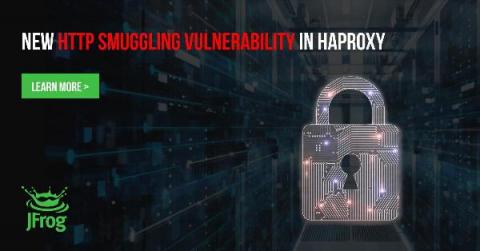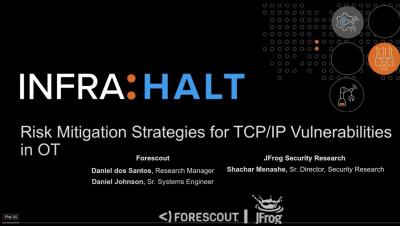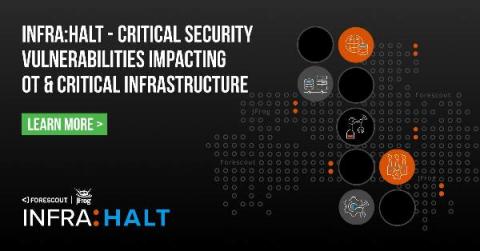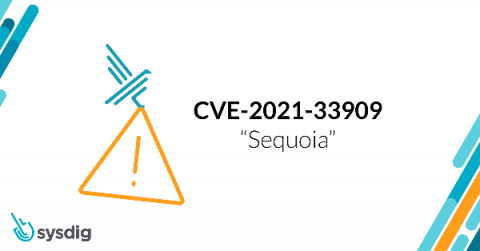How to better prioritize vulnerability remediation through automated penetration testing
As most MSPs know, small- and medium-sized businesses are the most likely targets for cyberattacks. They lack many of the resources and infrastructure of their larger counterparts and a single cyberattack can be devastating. Analyzing and remediating vulnerabilities is an essential part of any security program. But current vulnerability management processes spit out long lists of instances that may or may not need remediation.











